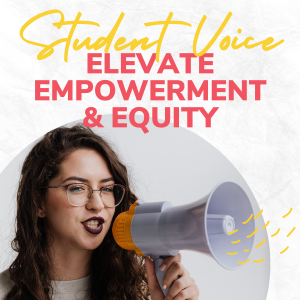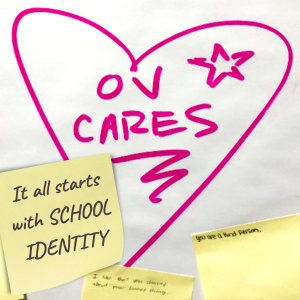 As postsecondary credentials become a requirement for both access to a good job and advancement in a career, high school students want more value from their education—they want their education to provide them with more concrete evidence of learned skills. A recent Rethinking Credentials webinar, provided by the American Council on Education (ACE) on August 24, framed the credentialing conversation by highlighting strategies for making credentials more understandable, valuable, and practical to students and employers alike.
As postsecondary credentials become a requirement for both access to a good job and advancement in a career, high school students want more value from their education—they want their education to provide them with more concrete evidence of learned skills. A recent Rethinking Credentials webinar, provided by the American Council on Education (ACE) on August 24, framed the credentialing conversation by highlighting strategies for making credentials more understandable, valuable, and practical to students and employers alike.
 As a cosponsor with the Lumina Foundation to a national dialogue on credentialing, EPIC is excited about strategies like those presented by ACE. One key to supporting students as they strive to earn certificates and complete degrees is to engage them early and have a clear articulation of knowledge and skill development and learning outcomes across courses, from high school to community college programs. Clear course articulation then connects high school students to a higher education pathway.
As a cosponsor with the Lumina Foundation to a national dialogue on credentialing, EPIC is excited about strategies like those presented by ACE. One key to supporting students as they strive to earn certificates and complete degrees is to engage them early and have a clear articulation of knowledge and skill development and learning outcomes across courses, from high school to community college programs. Clear course articulation then connects high school students to a higher education pathway.
Intentionally thinking about certificates and degrees as an accumulation of skills provides tools for instructors to continually make impactful academic and pedagogical improvements to their courses. They love the results: encouraged and confident students who can see what they need to master in one course as it relates to the following courses they will need to take to earn the desired certificate or degree.
For more information about opportunities to engage in the dialogue, as well as credentialing initiatives and resources, visit the Connecting Credentials website.
Kirsten Aspengren, Director of Curriculum Alignment




